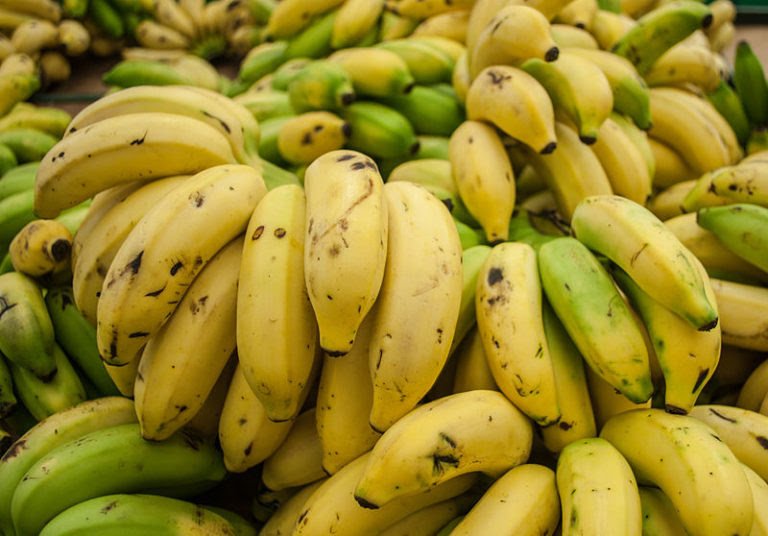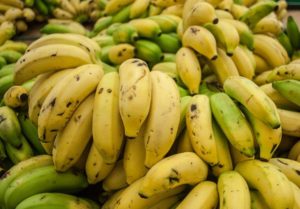
How Bananas Affect Diabetes and Blood Sugar Levels
When you have diabetes, it is important to keep blood sugar levels as stable as possible.
Good blood sugar control can help prevent or slow the progression of some of the main medical complications of diabetes.
For this reason, avoiding or minimizing foods that cause big blood sugar spikes is essential.
Despite being a healthy fruit, bananas are pretty high in both carbs and sugar, the main nutrients that raise blood sugar levels.
So, should you be eating bananas if you have diabetes? How do they affect your blood sugar?
Read also Weight loss, Sleep better – Check out 5 Reasons To Sleep Naked Every Night

Bananas Contain Carbs, Which Raise Blood Sugar
If you have diabetes, being aware of the amount and type of carbs in your diet is important.
This is because carbs raise your blood sugar level more than other nutrients, which means they can greatly affect your blood sugar control.
When blood sugar rises in non-diabetic people, the body produces insulin. It helps the body move sugar out of the blood and into the cells where it’s used or stored.
However, this process doesn’t work as it should in diabetics. Instead, either the body doesn’t produce enough insulin or the cells are resistant to the insulin that is made.
If not managed properly, this can result in high-carb foods causing big blood sugar spikes or constantly high blood sugar levels, both of which are bad for your health.
93% of the calories in bananas come from carbs. These carbs are in the form of sugar, starch, and fiber.
A single medium-sized banana contains 14 grams of sugar and 6 grams of starch
Share this article with your friends and family.



